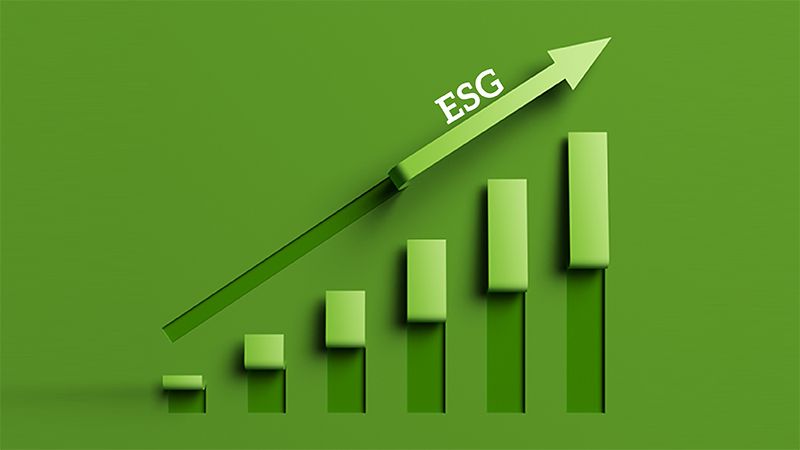Despite facing perception challenges and regional differences, ESG funds outperformed traditional funds and exchange-traded funds (ETFs) in 2023, according to a report by the Institute for Energy Economics and Financial Analysis (IEEFA).
ESG Investing: Steady growth amidst adversity analysed the actual performance and returns of ESG-related funds and investments, the fund flows into and out of these funds, and the regional differences and their implications. It found sustainable funds generated better returns than traditional funds in 2023, with a median return of 12.6% versus 8.6% for traditional funds, as per independent fund investment research house Morningstar.
This outperformance, said Ramnath Iyer, sustainable finance lead, Asia, at IEEFA and author of the report, was extended across both equity and fixed income fund asset classes.
“The findings indicate that ESG continues to grow and remain relevant, despite the recent backlash against ESG investing,” he continued.
“The performance of ESG funds and ETFs has matched or surpassed traditional funds and ETFs over most periods. At the same time, regulators continue focusing on climate change risks and improving standards and disclosures to assess and mitigate these risks.”
Regional differences and regulation
IEEFA’s analysis of the regions also illustrated, while a global view of the flows from sustainable funds may suggest a slowdown with reduced flows into sustainable asset classes in recent months, there are clear differences between the US and Europe. Compared to an outflow of $8.8bn from the US, Europe saw an inflow of almost $11bn into this asset class – more than double that of the previous quarter, and far from signalling the sector’s “impending demise”, according to the report.
Meanwhile, Asia saw an inflow of $622m in the first quarter of 2024, after an outflow the previous quarter. China, Taiwan and Singapore led among the ex-Japan markets in Asia last year, with $4.8bn of new inflows.
Regulators in Europe and many Asian countries are also increasing their focus on climate risks and aiming for further transparency coupled with more robust reporting on climate and ESG matters. For example, the EU approved the Corporate Sustainability Reporting Directive, requiring businesses to report their environmental and social impacts, and Singapore announced mandatory reporting of climate metrics for listed corporates based on the International Sustainability Standards Board framework.
“The increasing regulatory support and enhanced regulatory developments signal the mainstream adoption of climate, sustainability, and ESG policies. It remains important to evaluate, gauge, and mitigate climate change risks when making investment decisions,” said Iyer.
“Even the less stringent US Securities and Exchange Commission’s climate disclosure requirements can be viewed as a first step.”
Likewise, large asset owners such as sovereign wealth funds and pension funds, are increasingly integrating ESG and climate considerations into their investment processes and decision-making. They use the Paris Agreement to identify sustainability outcomes, prioritise collaborative engagements, provide regular reporting on climate and ESG issues and implement and evaluate sustainable investments.
“Asset owners are integrating ESG more, not less,” added Iyer.
“Given their need for long-term performance, large asset owners understand the importance of incorporating sustainability outcomes into investment analyses and are likely to continue doing so.”








